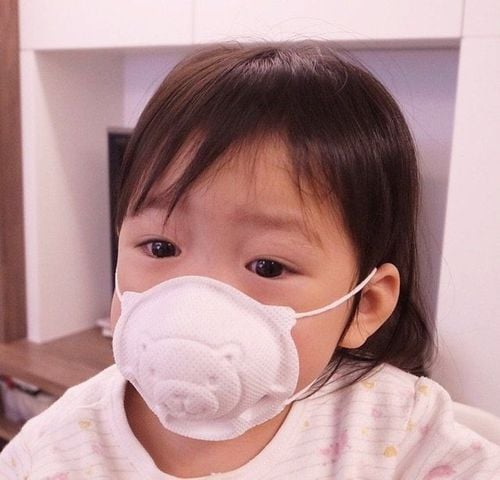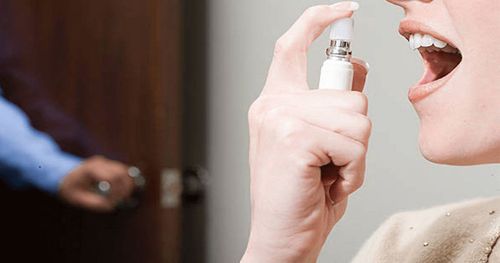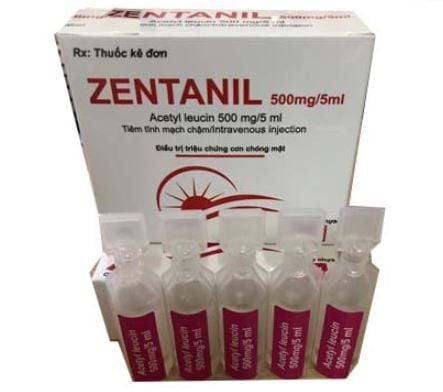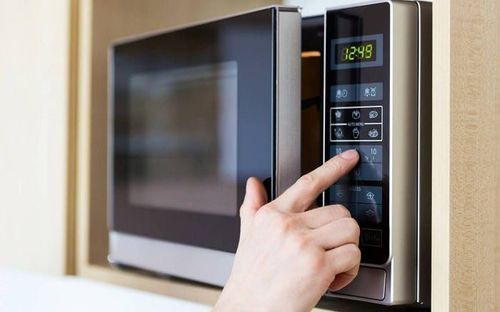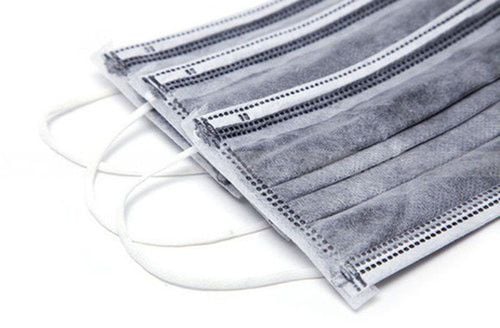This is an automatically translated article.
Viruses and bacteria are organisms that can cause disease in humans. Viruses and bacteria have very different responses to temperature, so can cause disease in people under different environmental conditions. Learning about what temperature viruses and bacteria die at or whether boiling water kills germs can help prevent some of the illnesses caused by these agents.
1. Does boiling water kill germs?
Bacteria are single-celled organisms that are extremely small and cannot be seen with the naked eye. Bacteria can be anywhere and under different environmental conditions. Bacteria may or may not be harmful to the human body. Bacteria cause disease when they exist in certain environments that people come into contact with every day, such as water or food. To reduce the risk of disease, you can take steps to kill the bacteria.
In general, hot temperatures are more suitable for killing germs, but that does not mean that we should disinfect all items with heat, it is the best way to prevent the spread of germs. That germ is washing your hands often. In fact, for the Corona virus that causes the COVID-19 pandemic, the World Health Organization (WHO) has warned that heat methods should not be used to prevent and destroy this virus. Measures such as cooling, hot baths, hot dryers, and ultraviolet lights do not work to reverse the spread of this virus. However, in some cases, hot water and high temperatures can kill germs.
2. At what temperature do bacteria die?
Hot water can kill germs, even extremely hot water with a recommended temperature of 140⸰F - 150⸰F will be able to kill viruses. In addition, this temperature can also help keep the human body safe from the effects of bacteria and other protozoa. For boiling water, a temperature of ≥160 degrees F will kill bacteria in Legionella water. Some notes to make sure bacteria have been killed in the water environment are as follows:If the water is cloudy, let it sit for a while for the residue to settle, then filter it through a coffee filter or clean cloth. before boiling; When the water boils, let it boil for at least 1 minute; After cooling, put the water in a clean container and store it tightly to prevent bacteria from entering.
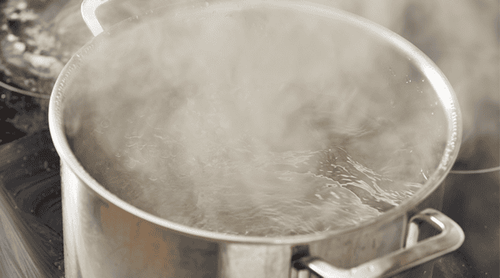
Vi khuẩn chết ở nhiệt độ nào là thắc mắc của nhiều người hiện nay
Bacteria in food are the leading cause of food poisoning at any age. Foods such as poultry, livestock, raw, undercooked or pasteurized seafood... are common sources of bacteria that we come into contact with every day. According to many studies, pathogenic bacteria grow in food environments at temperatures of 40⸰F - 140⸰F, so it is necessary to cook these foods to the most suitable temperature. Some recommendations are made as follows:
For whole poultry or ground meat, cook to 165⸰F or 74⸰C; Cattle meat such as cows, pigs, sheep, calves... are cooked to 145⸰F or 64⸰C; For fish, it should be cooked to 145⸰F or 64⸰C or can be cooked until opaque. Cold temperatures cannot kill germs, but only slow down their growth. Therefore, bacteria in cold temperatures will not be able to function, but if they are brought back to room temperature, they will start to multiply. A typical example is E.Coli bacteria that cause food poisoning, when at freezing temperature they will be inactivated, but if returned to room temperature, this bacteria will multiply very quickly. Therefore, the US Food and Drug Administration (FDA) has also recommended defrosting food in the refrigerator so as not to create a favorable environment for bacteria to grow back compared to defrosting at room temperature.
Thus, while freezing will keep food from spoiling for a while and prevent bacteria from growing, thawing before cooking is an equally important step and should be done. done properly to ensure bacteria do not grow back. One of the most effective ways to prevent bacteria from entering the human body is still washing hands regularly with soap, sanitizer, and hand sanitizer to protect the body from these potential pathogens.
3. Conclusion
Bacteria in water and bacteria in food are common sources of infectious disease in humans. Therefore, handling water and food at the right temperature as well as washing hands frequently with soap is essential to protect health.
Please dial HOTLINE for more information or register for an appointment HERE. Download MyVinmec app to make appointments faster and to manage your bookings easily.
References: healthline.com, insider.com




